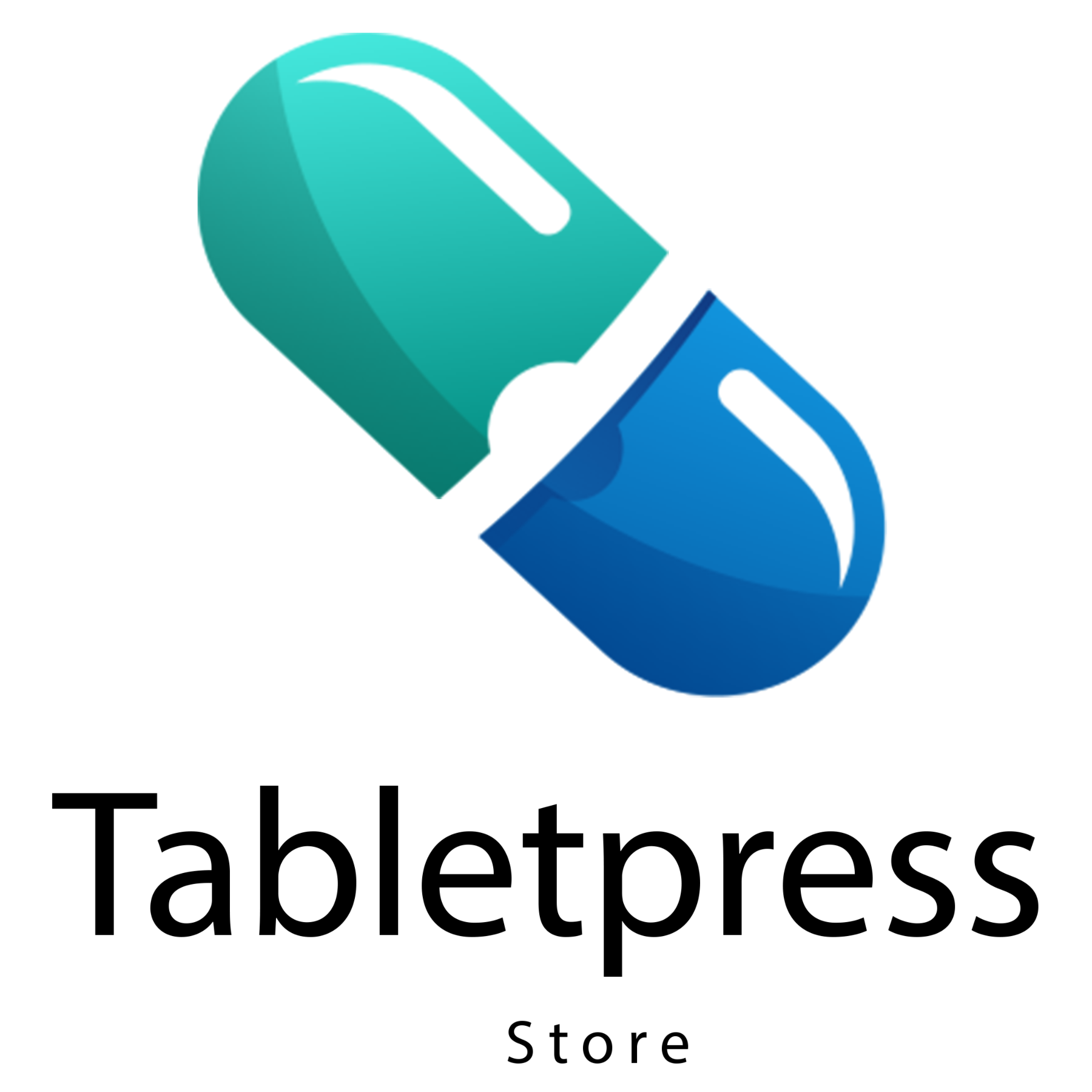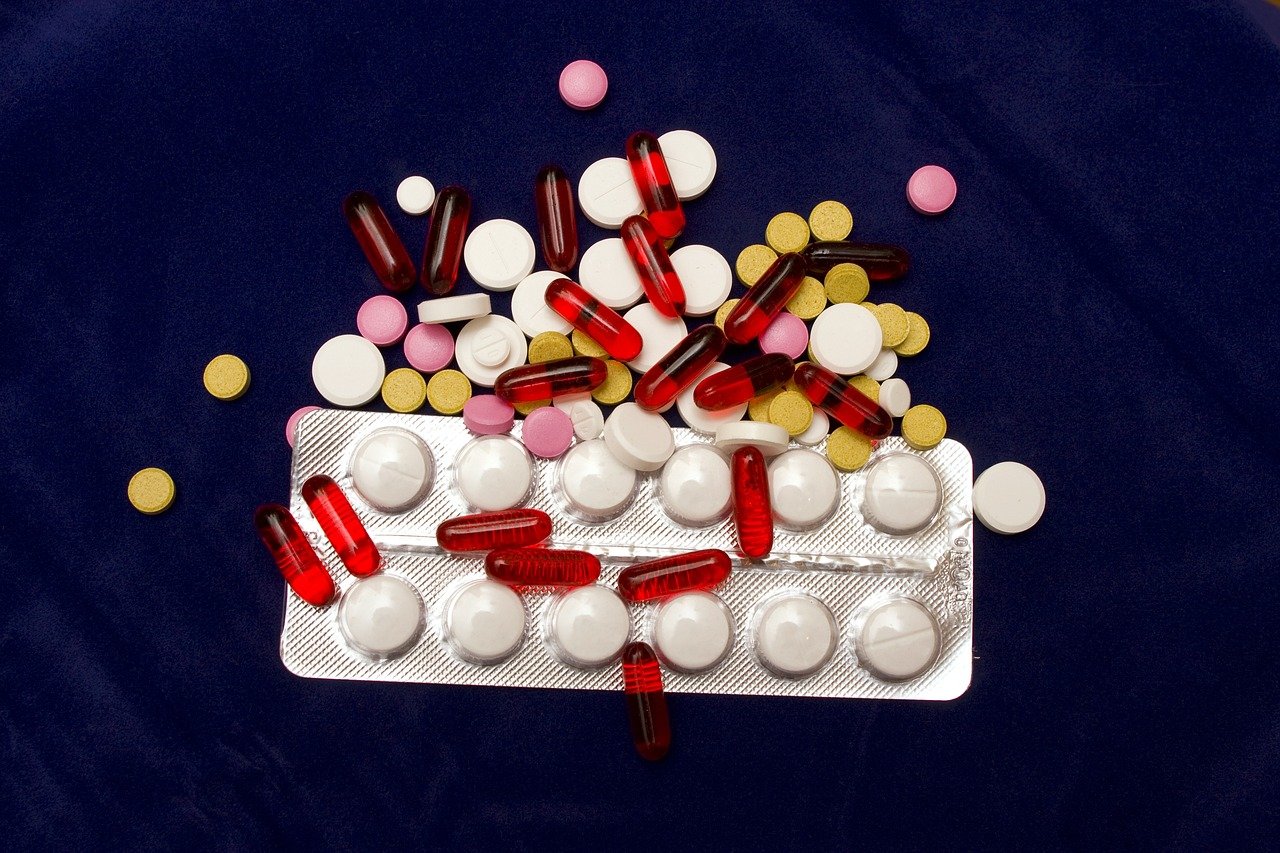The rotary tablet press is the heart of every modern pharmaceutical production line. It determines not only the efficiency and quality of tablet production, but also the cost-effectiveness and flexibility of the entire production process. Since the requirements for precision, speed, and automation have evolved significantly in recent years, comparing different models of rotary tablet presses is crucial for selecting the optimal machine for specific production requirements. Different manufacturers offer numerous models that differ in capacity, technological design, control system, material quality, and application area. A detailed evaluation of these factors enables an informed decision between machines geared towards high-performance production, flexible small-batch production, or special tablet shapes.
One of the most important evaluation criteria is production capacity, which directly depends on the number of punch stations and the rotation speed of the turret. High-performance machines such as the Fette FE75 or Korsch XL 400 are suitable for large-scale industrial production with output rates of several hundred thousand tablets per hour. They are equipped with up to 115 punch stations and achieve rotation speeds of over 100 revolutions per minute. In contrast, more compact models such as the Romaco Kilian S 250 or the Riva Piccola offer lower output rates but are ideal for research purposes, pilot batches, and the development of new formulations. The advantage of smaller models lies in their flexibility, lower material consumption, and easy conversion to other tablet formats.
Another crucial factor is control and monitoring technology. Modern rotary tablet presses feature digital control systems that precisely regulate parameters such as press force, fill depth, tablet thickness, and turret speed. The integration of sensors and automatic control, as found in Fette models of the FE series or the Korsch X series, enables consistent product quality even at high production speeds. Some models are also equipped with "real-time release" systems that collect and evaluate data in real time to immediately correct deviations. This reduces the scrap rate and significantly increases process reliability. In this respect, machines with a fully integrated SCADA or PLC control system are particularly future-oriented, as they enable easy connection to higher-level Manufacturing Execution Systems (MES).
Material and workmanship quality also play a key role in the evaluation. Most modern tablet presses are made of stainless steel with polished surfaces to ensure easy cleaning and minimal product adhesion. Machines from manufacturers such as IMA, Fette, and Korsch pay particular attention to hygienic design, ensuring full compliance with GMP guidelines. Models with separate zones for the product area and the drive mechanism offer additional safety by preventing cross-contamination between powder and lubricants. High-quality turret systems with interchangeable dies and precisely manufactured punches extend the service life of the machine and ensure consistent compression throughout the entire production cycle.
An often underestimated aspect is the machine's ease of use and maintainability. While older models often required manual adjustments and time-consuming calibrations, newer presses are equipped with intuitive touchscreen control panels that allow for quick adjustment of production parameters. Automatic lubrication, central dust extraction, and tool-free component removal significantly reduce downtime. This is particularly beneficial in operations that regularly perform product changeovers or require frequent cleaning cycles. The modular design of many modern models also allows for easy retrofitting of additional functions such as dust extraction, tablet inspection, or pressure monitoring.
In addition to technology, cost-effectiveness is also a key evaluation criterion. A rotary tablet press is a long-term investment, the payback period of which depends heavily on production volume, maintenance requirements, and energy consumption. High-performance machines with complex control systems may be more expensive to purchase, but offer a significantly better return on investment in continuous operation thanks to higher output rates and lower error rates. For smaller production facilities or contract manufacturers working with frequently changing products, however, a more compact, energy-efficient, medium-capacity machine may be a more economically viable solution. Models such as the Sejong Pharmatech VTP series or the Riva Piccola are particularly popular in this area.
Last but not least, compatibility with future production requirements plays a role. The trend is clearly toward digitalization and integration into networked production environments. Machines with remote monitoring, automatic data acquisition, and predictive maintenance functions are not only more efficient but also better prepared for the regulatory requirements of Industry 4.0. This development is particularly evident in the latest series from Fette and Korsch, which use cloud-based analytics and self-learning algorithms to predict maintenance cycles and automatically implement process optimizations.
In summary, the comparative evaluation of different rotary tablet press models goes far beyond simple performance metrics. It includes the analysis of productivity, precision, control technology, ergonomics, energy efficiency, and digitalization. High-performance machines are ideal for large pharmaceutical companies with stable production volumes, while small and medium-sized companies benefit from compact, flexible, and easy-to-operate models. The selection of the right rotary tablet press should therefore always be based on a thorough analysis of production requirements, long-term operating strategy, and technological compatibility. This is the only way to ensure sustainable and efficient tablet production that meets both the economic and quality requirements of the modern pharmaceutical industry.
FAQs: Vergleichende Bewertung verschiedener Modelle von Rotations-Tablettenpressen
1. Was ist eine Tabletpoef und wie unterscheidet sie sich von einer Tablettenpresse?
Eine Tabletpoef ist eine spezielle Form der Tablettenmaschine, die für präzises Pressen von Tabletten entwickelt wurde. Sie unterscheidet sich von Standard-Tablettenpressen durch höhere Genauigkeit und Effizienz.
2. Welche Arten von Tablettenpressen gibt es für Laborzwecke?
Für Labore eignet sich insbesondere die Tablettenpresse Labor, da sie kleinere Chargen produzieren kann und flexible Einstellungen für unterschiedliche Pillengrößen bietet.
3. Was sollte man beachten, wenn man eine Tablettenpresse kaufen möchte?
Beim Tablettenpresse kaufen sollte man auf Kapazität, Presskraft, Wartungsfreundlichkeit und Sicherheitsfunktionen achten. Auch das Material der Tablettenpresse beeinflusst die Haltbarkeit.
4. Wie funktioniert eine Pillen Presse im Vergleich zu industriellen Tabletpressen?
Eine Pillen Presse arbeitet meist manuell oder halbautomatisch für kleine Mengen, während industrielle Tabletpressen große Mengen effizient und schnell produzieren.
5. Wo kann man eine Tabletpoef kopen und welche Vorteile bietet sie?
Eine Tabletpoef kopen ist online oder bei spezialisierten Händlern möglich. Sie bietet präzises Pressen, einfache Bedienung und hohe Zuverlässigkeit, ideal für Labore und kleine Produktionen.





